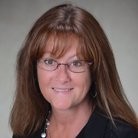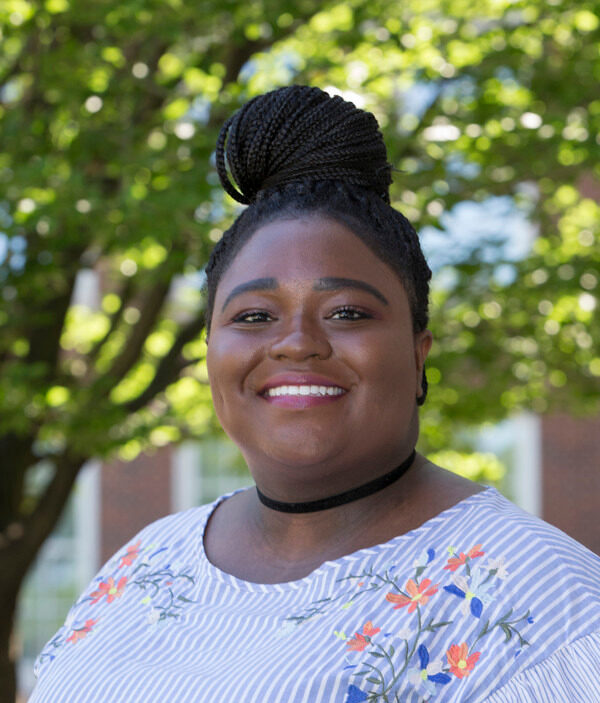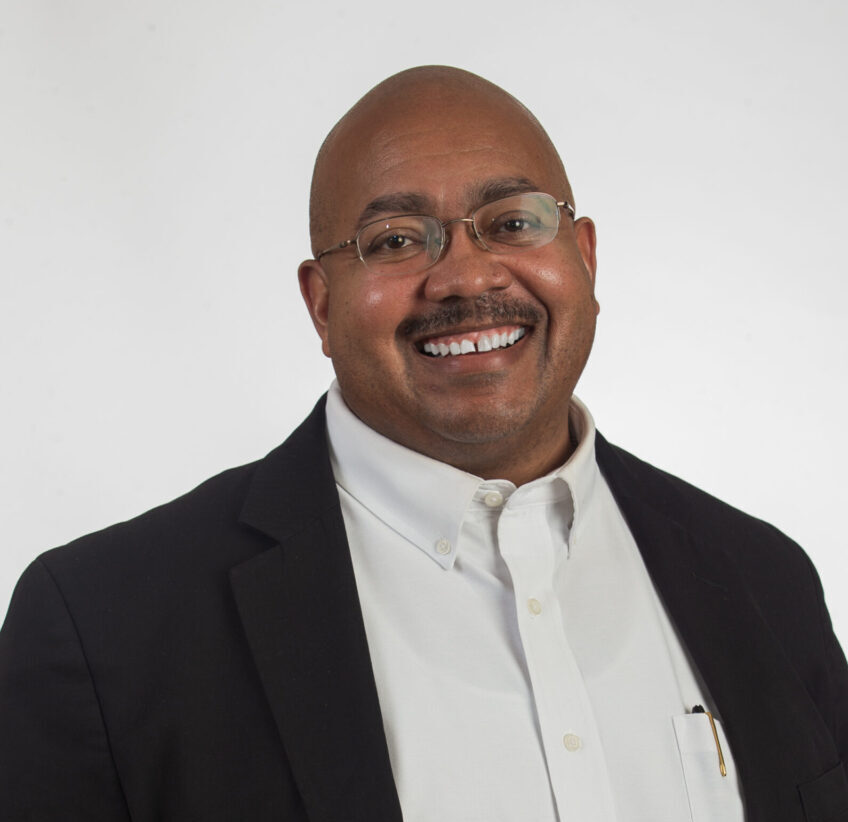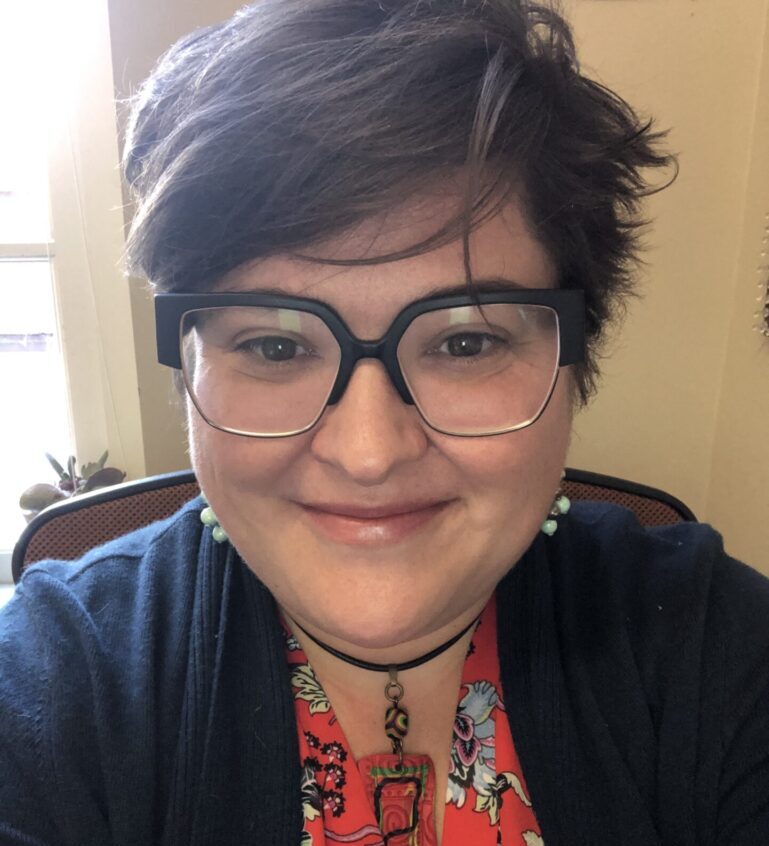Affiliated Staff

Marie Isaacs
Marie Isaacs is the Academic Coordinator for the Politics & International Affairs Department and provides administrative support for the Race, Inequality and Policy Initiative.

Deb Marke
Deb Marke serves as the Assistant Director, Advocacy and Social Justice Education in the Office of Civic & Community Engagement. In this role, she oversees the Social Justice Incubator, Branches Social Justice Retreat, and College Advocacy Summit; facilitates the Social Justice Book Club; and directs both the Deacs Decide election engagement project and Wake Alternative Break.
A Wake Forest alumna, Marke graduated with a Bachelor of Science degree in Health and Exercise Science with double minors in Psychology and Women, Gender, and Sexuality Studies. A gifted facilitator, Marke has developed several trainings on intersectional feminist activism, critical community-building, and leadership development. Before making her return to Winston-Salem, Deb served as the Program Coordinator for Leadership and Activism in the Women’s Center at the University of Cincinnati, where she was named Outstanding New Professional and served as the Programming Chair for the LGBTQ Faculty and Staff Association.

Don Shegog, II
Don Shegog obtained his undergraduate degree from Morehouse College and his MBA from UNCG. He spent seventeen years working in banking and finance before changing his focus to technologies. After spending a few years hosting a technology call-in radio show and working in a computer shop, Don began teaching. He taught middle and elementary students technology skills for eight years before coming to Wake Forest as an Instructional Technologist in the Instructional Technology Group in 2017.
Don is married with two children. In his spare time, Don is a voracious reader and lover of all things technology.

Shell Sizemore
Shell Sizemore serves as Director of the Women’s Center. She has taught courses in the Education and Communication departments at Wake Forest and is a seasoned workshop facilitator who has developed and led workshops for faculty, staff, and students related to asset-based community development, intercultural communication strategies, and partnership development.
She is currently pursuing a PhD from the University of North Carolina at Greensboro in Education, where her research is focused on community-based education for social justice, critical community building, and the rhetorics of advocacy and activism. Shell serves on the board of Piedmont Environmental Alliance.
The land on which Wake Forest University now resides and the land on which the original campus resided served for centuries as a place for exchange and interaction for Indigenous peoples, specifically Saura, Catawba, Cherokee, and Lumbee in the current location and Shakori, Eno, Sissipahaw, and Occaneechi in the original campus location.
americanindiancenter.unc.edu/resources/about-nc-native-communities/

